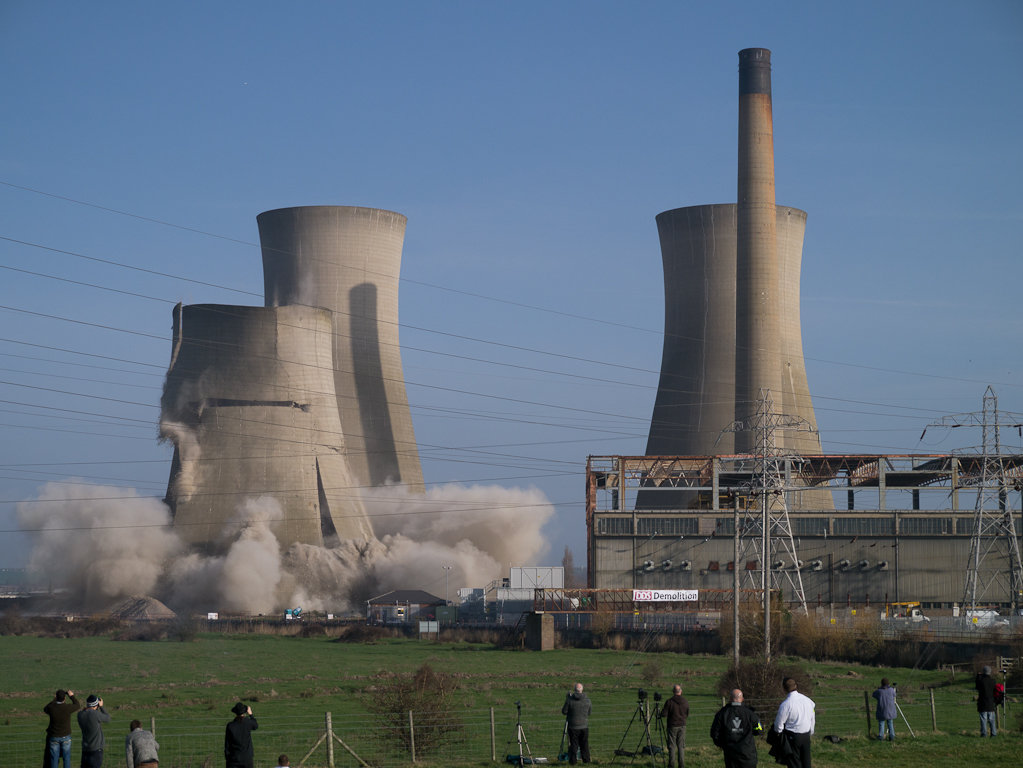Constitutional challenges of tackling the energy crisis at the EU level
Following the Russian invasion of Ukraine, the EU has faced an energy crisis, with prices for electricity and gas skyrocketing and the security of the EU’s energy supply being undermined. Early on, calls were made for the EU to act in the common European interest, but only over the summer have the different EU Member States sufficiently converged to enable a coordinated EU response.
Aside from questioning the necessary political will to act, the legal question concerning a coordinated European response is whether the EU has sufficient competencies to adopt a ‘crisis response package’. This general question raises further questions for the second research stream of the Faculty of Law of Maastricht University, focusing on Institutions Powers, constraints, and transformations. After all, the EU, as an international organisation, only has the competencies which the Member States have granted it. Specifically, in regard to addressing a crisis in the real economy, resulting from rising energy prices or energy shortages, it is important to note that the EU has no competence to determine the economic policies of its Member States. Under Article 5 TFEU, the EU is merely allowed to coordinate (but not determine) the Member States’ economic policies.
Legal basis
In legal terms, the question is on which ‘legal basis’ the EU adopts its energy crisis response measures. To recall, on 7 September 2022, the Commission envisaged these five measures:
- reducing the demand for electricity;
- a cap on the revenues of electricity producers producing below the margin price;
- a solidarity contribution paid by companies selling fossil fuels;
- supporting energy companies facing liquidity problems due to rising energy prices;
- a price cap on Russian gas.
For almost all of these measures, the EU institutions use or envisage to use Article 122 TFEU, a provision that allows the EU to react to unforeseen crises.
But reliance on Article 122 TFEU raises two main questions. Firstly, reliance on Article 122 TFEU is becoming less and less exceptional (for instance, it was also used to tackle the COVID pandemic). Potential tension could arise between the actual reliance on this provision and its originally intended use. How intensively may the EU institutions rely on Article 122 TFEU to develop an economic policy without undermining the principle rule (of Article 5 TFEU) that economic policy remains the preserve of the Member States?
Non-legislative procedure
Secondly, when one looks into the concrete decision-making procedure prescribed by Article 122 TFEU, it should be noted that the procedure is a non-legislative procedure in which the Council alone decides. Therefore, the transparency standards applicable to legislative decision-making are not applicable, and the European and national parliaments play no role whatsoever.
As analysed in a monograph recently published by Merijn Chamon, many such legal bases remain in the EU Treaties, even if the Treaty of Lisbon was hailed as parliamentarising the EU’s functioning. If important EU policy is being developed on the basis of this type of provision, the input and throughput legitimacy of EU policy is diminished, even if the policy itself could be highly effective, in this case, in tackling the energy crisis.
Future research in the framework of the Maastricht Centre for European Law and the Research Group Globalization & Law Network is necessary. That research will continue to explore the legal limits to the reliance on these ‘exceptional’ non-legislative legal bases in light of the division of competencies between the EU and its Member States and the institutional balance within the EU, notably between the Parliament and the Commission and Council.
Also read
-
On 12 June 2024, Dr Domenico Carolei, Lecturer in Public International Law and Public Law at the University of Stirling, gave a talk entitled 'Charting NGO Accountability: Identifying alternative accountability routes'.
-
The Dutch Research Council (NWO) awarded a grant for the new research project CHILD-WAR by Dr. Marieke Hopman and Dr. Guleid Jama.
-
Two Law PhD candidates of the Maastricht Faculty received awards for their doctoral theses during the 21st International Congress of the International Association of the Penal Law in Paris.



